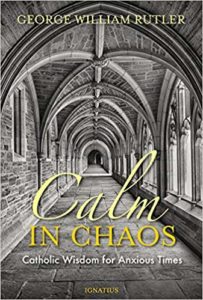Podcast: Play in new window | Download (Duration: 27:12 — 18.7MB) | Embed
Subscribe: Apple Podcasts | Spotify | Amazon Music | Android | Pandora | iHeartRadio | JioSaavn | Podchaser | Gaana | Podcast Index | Email | TuneIn | Deezer | Anghami | RSS | More
Instead of circling around one’s self, hospitality
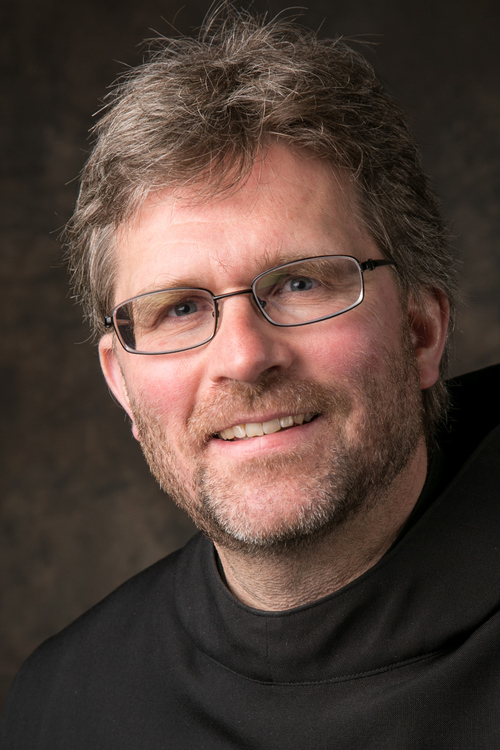
 From the Holy Rule of St. Benedict:
From the Holy Rule of St. Benedict:
CHAPTER LIII
Of the Reception of GuestsLet all guests who arrive be received as Christ, because He will say: “I was a stranger and you took Me in” (Mt 25:35). And let due honor be shown to all, especially to those “of the household of the faith” (Gal 6:10) and to wayfarers.
When, therefore, a guest is announced, let him be met by the Superior and the brethren with every mark of charity. And let them first pray together, and then let them associate with one another in peace. This kiss of peace should not be given before a prayer hath first been said, on account of satanic deception. In the greeting let all humility be shown to the guests, whether coming or going; with the head bowed down or the whole body prostrate on the ground, let Christ be adored in them as He is also received.
When the guests have been received, let them be accompanied to prayer, and after that let the Superior, or whom he shall bid, sit down with them. Let the divine law be read to the guest that he may be edified, after which let every kindness be shown him. Let the fast be broken by the Superior in deference to the guest, unless, perchance, it be a day of solemn fast, which cannot be broken. Let the brethren, however, keep the customary fast. Let the Abbot pour the water on the guest’s hands, and let both the Abbot and the whole brotherhood wash the feet of all the guests. When they have been washed, let them say this verse: “We have received Thy mercy, O God, in the midst of Thy temple” (Ps 47[48]:10). Let the greatest care be taken, especially in the reception of the poor and travelers, because Christ is received more specially in them; whereas regard for the wealthy itself procureth them respect.
Let the kitchen of the Abbot and the guests be apart, that the brethren may not be disturbed by the guests who arrive at uncertain times and who are never wanting in the monastery. Let two brothers who are able to fulfil this office well go into the kitchen for a year. Let help be given them as they need it, that they may serve without murmuring; and when they have not enough to do, let them go out again for work where it is commanded them. Let this course be followed, not only in this office, but in all the offices of the monastery — that whenever the brethren need help, it be given them, and that when they have nothing to do, they again obey orders. Moreover, let also a God-fearing brother have assigned to him the apartment of the guests, where there should be sufficient number of beds made up; and let the house of God be wisely managed by the wise.
On no account let anyone who is not ordered to do so, associate or speak with guests; but if he meet or see them, having saluted them humbly, as we have said, and asked a blessing, let him pass on saying that he is not allowed to speak with a guest.
Father Mauritius Wilde, OSB, Ph.D., did his philosophical, theological and doctoral studies in Europe. He is the author of several books and directs retreats regularly. He serves as Prior at Sant’Anselmo in Rome.

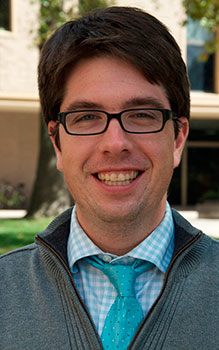 A great conversation with Dr. Timothy O’Malley, Director of the Notre Dame Center for Liturgy and author of “Off the Hook: God, Love, Dating and Marriage in a Hook-up World. ” He had me at “nuptial mystagogy.” I love a theologian who deeply appreciates the font of grace present in our liturgical expression and sacramental experience. From this point forward, this is THE book for practical, life-sustaining marriage formation. Outstanding!
A great conversation with Dr. Timothy O’Malley, Director of the Notre Dame Center for Liturgy and author of “Off the Hook: God, Love, Dating and Marriage in a Hook-up World. ” He had me at “nuptial mystagogy.” I love a theologian who deeply appreciates the font of grace present in our liturgical expression and sacramental experience. From this point forward, this is THE book for practical, life-sustaining marriage formation. Outstanding!
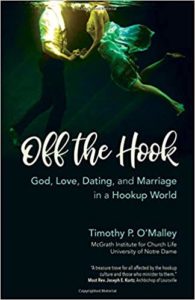
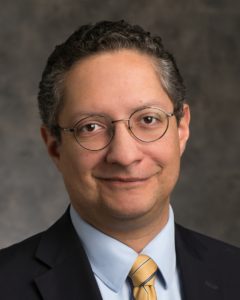
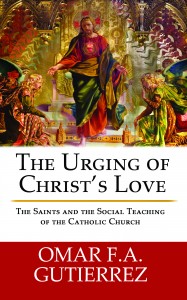
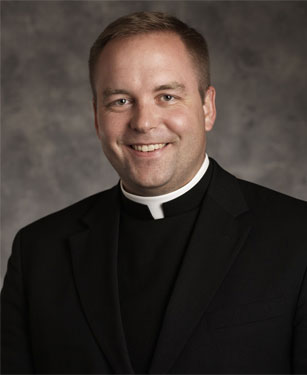
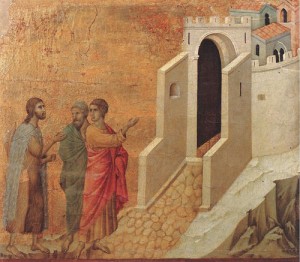 Based on “Is Jesus Calling You To Be A Catholic Priest: A helpful guide,” published by National Conference of Diocesan Vocation Director.
Based on “Is Jesus Calling You To Be A Catholic Priest: A helpful guide,” published by National Conference of Diocesan Vocation Director. Dr. Lilles continues the spiritual explorations of the Letters of St. Elizabeth of the Trinity. In this episode, our conversation reflects on letter 184, with a special focus on Heaven, the Saints, and spiritual friendship as a spiritual reality.:
Dr. Lilles continues the spiritual explorations of the Letters of St. Elizabeth of the Trinity. In this episode, our conversation reflects on letter 184, with a special focus on Heaven, the Saints, and spiritual friendship as a spiritual reality.:

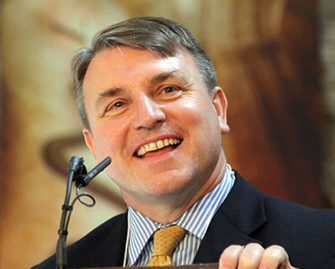
 Probably the darkest of all Shakespeare’s plays, Macbeth is also one of the most challenging. Is it a work of nihilistic despair, “a tale told by an idiot, full of sound and fury, signifying nothing”, or is it a cautionary tale warning of the dangers of Machiavellianism and relativism? Does it lead to hell and hopelessness, or does it point to a light beyond the darkness?
Probably the darkest of all Shakespeare’s plays, Macbeth is also one of the most challenging. Is it a work of nihilistic despair, “a tale told by an idiot, full of sound and fury, signifying nothing”, or is it a cautionary tale warning of the dangers of Machiavellianism and relativism? Does it lead to hell and hopelessness, or does it point to a light beyond the darkness?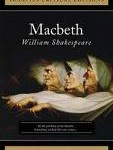
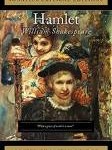
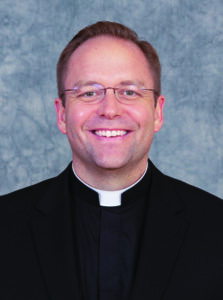
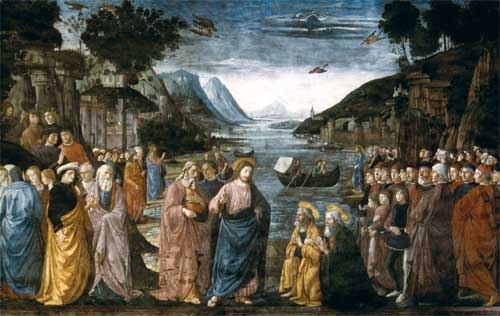
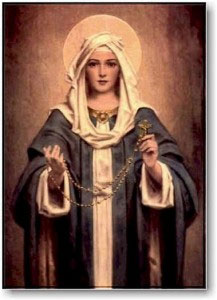 Outside of the Sacramental prayers of the Church, there is no other prayer more important than the prayerful recitation of the Holy Rosary of the Blessed Virgin Mary.
Outside of the Sacramental prayers of the Church, there is no other prayer more important than the prayerful recitation of the Holy Rosary of the Blessed Virgin Mary.
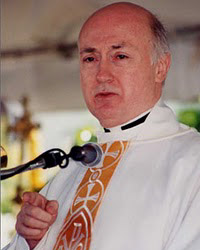 What a delight to talk once again speak with Fr. George Rutler! This time we discuss his book “Calm in Chaos: Catholic Wisdom for Anxious Times.” “Timing is everything”, so it is said. There is no doubt that now is the time for Fr. Rutler’s particular wisdom, wit, and pastoral calm.
What a delight to talk once again speak with Fr. George Rutler! This time we discuss his book “Calm in Chaos: Catholic Wisdom for Anxious Times.” “Timing is everything”, so it is said. There is no doubt that now is the time for Fr. Rutler’s particular wisdom, wit, and pastoral calm.